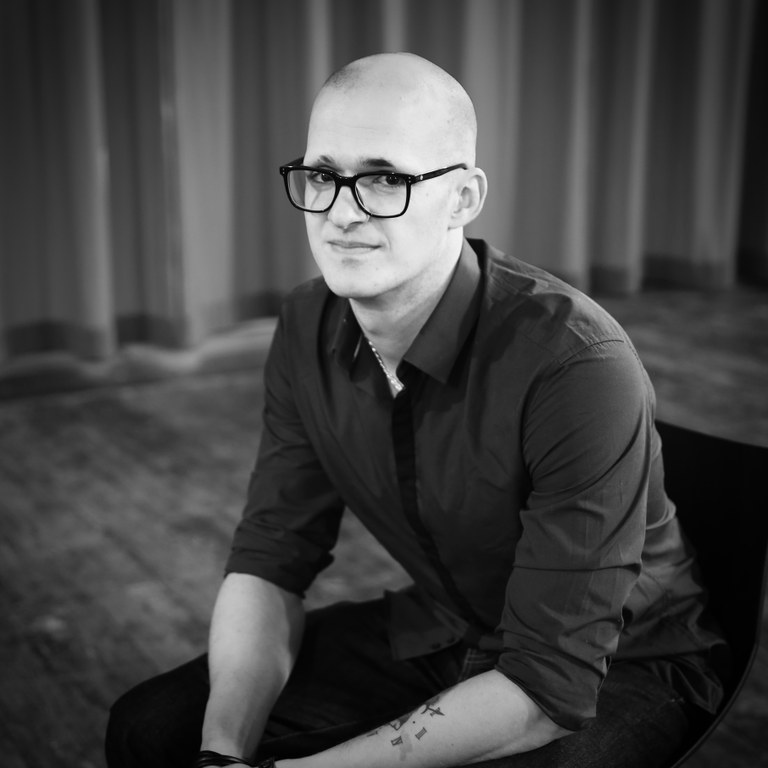Adrien Gausseran, 1st prize of the jury for the MT180 final on the Côte d'Azur
Date:
Changed on 17/03/2020
My thesis, carried out within the Coati team, deals with optimization algorithms for network slicing for 5G
The emergence of 5G brings a very large increase in the number of connections and a diversification of the constraints associated with them.
To meet these needs, a new paradigm has emerged, network slicing, which consists in dividing the physical network into multiple virtual networks, each with its own resource requirements.
Network slicing is foreseen as a key element of 5G to provide isolated and customized network services to different applications. While sharing access to the same resources on the physical network, the slices must coexist independently and if a problem occurs in one slice, it must not impact the operation of the others.
This thesis focuses on the implementation and analysis of optimization models designed for the management of virtual resources, the orchestration of slices, the planning of their needs and the reconfiguration of slices in order to improve the usefulness of the global network.
I always find it interesting to learn how to synthesize and explain one's work. First of all professionally, I sometimes find it difficult to choose what to say, so I tend to speak very quickly so that I can say everything in 20 minutes during my presentations, which can be quite detrimental to the understanding of my audience during conferences or workshops. Although this 180-second thesis exercise doesn't allow you to go into the depths of what you're doing at all, and therefore doesn't have the same scientific implication as the presentation I'm used to, it requires you to take a lot of distance and be much more concrete so that you can both synthesize and make people who are not in the field understand very quickly what the objectives and impact of your work are.
Socially it also has an interest. Even though I work mostly with people who have had an education, most of them have had training in the health field and therefore don't understand what I do at all. Most of them didn't even know that you could do a PhD in computer science and thought that this discipline was just about becoming a developer or engineer. So it's nice to be able to explain my work to them without getting lost in overly abstract explanations that go into too much detail.
After a scientific baccalaureate, I went to the IUT of Nice for a training in computer science. I then continued on a bachelor's degree at the faculty, attracted by the theoretical aspect, which led me to pursue a Master of Research in Fundamental Computer Science and finally applied for a MENESR scholarship which allowed me to start my PhD

PhD, Coati team, Sophia Antipolis
2004, route des Lucioles
BP93
,
06902 Sophia Antipolis